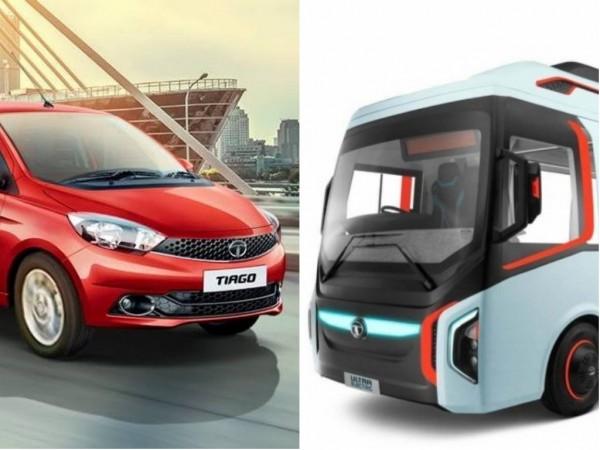India is taking some huge steps for the promotion of electric vehicles in the country, at a time when pollution is really choking up its cities — especially Delhi, which is choking under smog.
While the ambitious plan for only electric cars to be sold in the country by 2030 still stands despite scepticism expressed about it, the Central government is also planning to introduce public transport vehicles that run on electricity in 11 cities across the country at a cost of Rs 437 crore.
The project — Multi-Modal Electric Public Transport — is part of the Central government's policy known as the "Faster Adoption and Manufacturing of Electric and Hybrid Vehciles in India", or FAME India for short.
![[Representational image] Electric car](https://data1.ibtimes.co.in/en/full/674572/electric-car.jpg?h=450&l=50&t=40)
Which cities will get how many electric vehicles?
Union Minister of Heavy Industries and Public Enterprises Anant Geete on Wednesday announced that the Central government was "providing Rs 437 crore subsidy to 11 cities under FAME India, for launching electric buses, taxis and three-wheelers." The three-wheelers are auto-rickshaws.
So which are the cities getting these electricity-driven public transport vehicles?
Here is the full list:
- Delhi
- Ahmedabad
- Bengaluru
- Jaipur
- Mumbai
- Lucknow
- Hyderabad
- Indore
- Kolkata
- Jammu
- Guwahati
According to an official statement from the Union Ministry of Heavy Industries & Public Enterprises: "The selected cities are required to finalise the tendering process and issue supply order before February 28, 2018. Through this EOI [Expression of Interest], the Department of Heavy Industry is expected to spend about Rs. 437 crore under FAME India scheme (Phase I), which includes about Rs 40 crore as incentives for installation of charging infrastructure."
Who gets what?
The official statement from the ministry has said these 11 cities will in total get 390 buses, 370 taxis and 720 three-wheelers that will run on electricity.
Here is the break-up of which city will get subsidy for how many vehicles of what kind:
| City | Buses | Taxis | Three-wheelers |
| Delhi | 40 | 0 | 0 |
| Ahmedabad | 40 | 20 | 20 |
| Bengaluru | 40 | 100 | 500 |
| Jaipur | 40 | 0 | 0 |
| Mumbai | 40 | 0 | 0 |
| Lucknow | 40 | 0 | 0 |
| Hyderabad | 40 | 0 | 0 |
| Indore | 40 | 50 | 200 |
| Kolkata | 40 | 200 | 0 |
| Jammu | 15 | 0 | 0 |
| Guwahati | 15 | 0 | 0 |
| Total | 390 | 370 | 720 |
The Union ministry said in its statement: "The present effort is a significant boost to electric mobility with the aim to roll out a number of electric buses, electric three-wheelers and electric shared cabs for multi-modal public transport."
Several private companies in India are planning to bring out electric vehicles (EVs) — both two-wheeler and four-wheeler — in India over the next couple of years in line with the country's aim to have only EVs on the road by 2030.

As part of that push, some government agencies are already switching to EVs as and when possible. With this current effort to get more EVs for public transport on the road, India could well be looking to go down a few notches in the list of countries with the biggest carbon footprint in the world.
China tops that list, with the United States in the second spot. India is third in number, if one does not count the European Union as a country-like grouping. The data is from a survey conducted by the European Commission, and has annual details up to 2015.
















